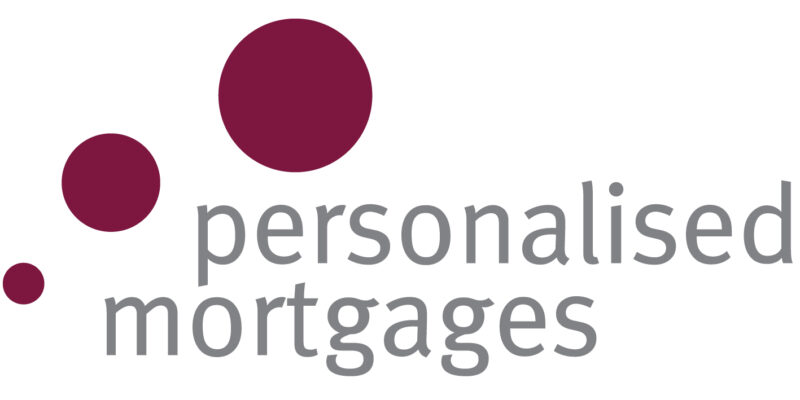Usually it is a completely FREE service. A mortgage adviser (also commonly referred to as a mortgage broker) receives a commission from the lender you choose to borrow from, so our services normally cost you nothing.
A mortgage adviser advocates on your behalf to a pool of lenders to help you attract the loan and loan terms that suit you best. Personalised Mortgages advisers leverage our unique understanding of the financial sector to your advantage. We also offer mortgage advice to our clients based on their financial circumstances and are often able to refer clients to lawyers and accountants to sort out other mortgage related matters.
If you’re a first home buyer and have been in KiwiSaver for 3 years, you are entitled to make a KiwiSaver first home withdrawal, as long as you leave a minimum of $1,000 in your KiwiSaver account.
Fixed rates lock you in to paying a constant interest rate over time, even as the market interest rate varies with market conditions. This means your interest payments will be the same over time.
A floating interest rate is essentially the market rate and can go up and down over time as the market dictates.
Both have their advantages; Floating rates provides flexibility and allow you to capitalise on interest rate drops, while fixed rates provides certainty and can provide a short-term buffer against interest rate rises.
A line of credit is a revolving credit loan offered by all major banks. It functions in the same way as a large credit card limit would, allowing the borrower to borrow up to an agreed limit, and pay it back, at their convenience. You are only charged interest on the portion of the credit you use.
The loan-to-value ratio (LVR) is the amount of your loan in relation to the value of your property. For example, if the property you wish to buy is worth $1,000,000 and you have a deposit of $200,000 to contribute, the LVR will be 80%. ($1,000,000-$200,000) ÷ $1,000,000 = 80%.
While the interest rates advertised may look similar numerically, each lender’s financial products come with their own terms and conditions. In addition to this, different lenders have different criteria for accepting loans, include loan-to-value ratios (LVR), securities, boarder / rental incomes and existing debts.
No, there are second tier lenders available as well. These lenders generally cater to more unconventional applications by looking at the loan request more holistically than a bank would. They can be more lenient when it comes to credit history, age or income factors.
As a minimum, a deposit of 10% of the purchase price will be required. Most borrowers source their deposit from personal savings, KiwiSaver (for first home buyers) or a financial gift from family or friends. If you already own a property, you can use 70-80% of the equity in your existing asset as security.
For the first meeting, just bring yourself. From there we will need to gather other information, such as proof of your income, your bank statements etc., but we will help put everything together for you. It may be helpful to bring your passports to the first meeting so we can quickly tick off the ID requirements.
We are happy to meet at a time and location that suits you. Our office (161D Marua Rd) is always available for consultations, as is the Marua Rd café next door (and they make a very good coffee!) We can also visit you at home if that’s easier or, if you would like to do things online, we can set up electronic meetings via Zoom, Teams and Facetime.
